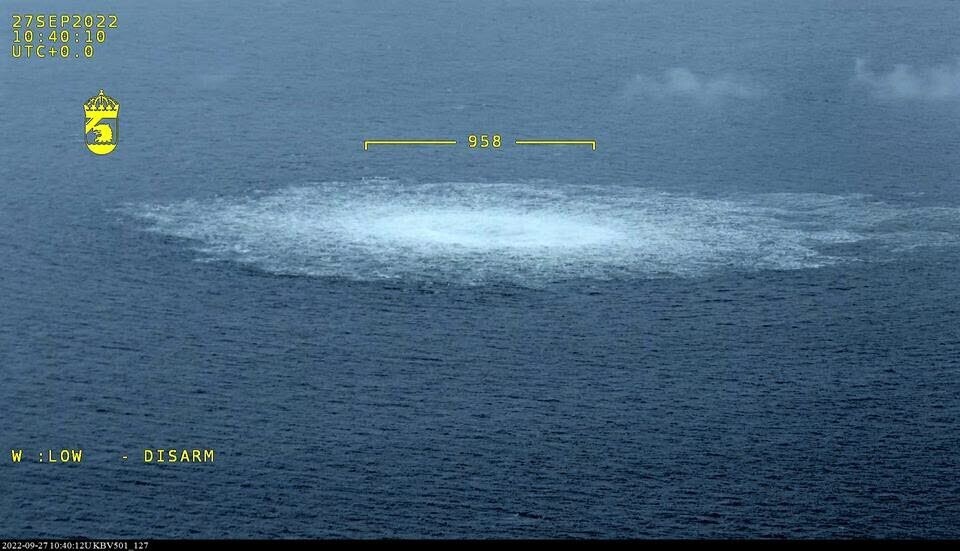“There is no evidence at this point that Russia was behind the sabotage,” said one European official, echoing the assessment of 23 diplomatic and intelligence officials in nine countries interviewed in recent weeks.
Noen gikk så langt som til å si at de ikke trodde Russland sto bak.
Some went so far as to say they didn’t think Russia was responsible.
Det er oppsiktsvekkende at Washington Post trykker en slik historie.
Noen holder fortsatt muligheten åpen for at det var Russland. Men en del av kildene er innforstått med resultatene av undersøkelsene på havbunnen, og de sier ikke det på basis av hva de vet.
But even those with inside knowledge of the forensic details don’t conclusively tie Russia to the attack, officials said, speaking on the condition of anonymity to share information about the progress of the investigation, some of which is based on classified intelligence.
Eksplosjonen fant sted 26. september, og i dagene som fulgte var det flere som eksplisitt la skylden på Russland:
On Sept. 30, four days after the explosions, U.S. Energy Secretary Jennifer Granholm told the BBC it “seems” Russia was to blame. “It is highly unlikely that these incidents are coincidence,” she said.
German Economy Minister Robert Habeck also implied that Russia, which has consistently denied responsibility, was responsible for the explosions. “Russia saying ‘It wasn’t us’ is like saying ‘I’m not the thief,’” Habeck told reporters in early October.
Men det har ikke kommet noen bevis som understøtter en slik påstand. Tvert imot.
“The rationale that it was Russia [that attacked the pipelines] never made sense to me,” said one Western European official.
Gazprom hadde brukt tilførselen gjennom Nord Stream 1 som et pressmiddel. Hvorfor skulle Russland gi fra seg en slik mulighet? var spørsmålet.
https://www.washingtonpost.com/national-security/2022/12/21/russia-nord-stream-explosions/






